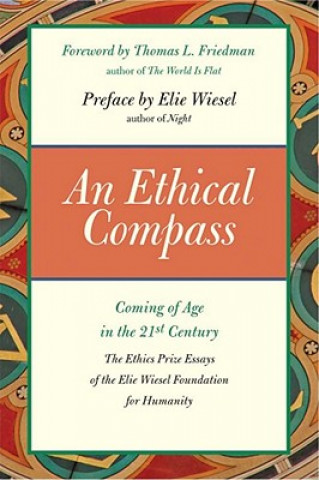
Kód: 04051025
Ethical Compass
Autor Elie Wiesel
In 1986, Elie Wiesel received the Nobel Peace Prize in recognition of his victory over "the powers of death and degradation, and to support the struggle of good against evil in the world". Soon after, he and his wife, Marion, crea ... celý popis
- Jazyk:
 Angličtina
Angličtina - Vazba: Brožovaná
- Počet stran: 320
Nakladatelství: Yale University Press, 2010
- Více informací o knize

723 Kč
Dostupnost:
50 % šance Máme informaci, že by titul mohl být dostupný. Na základě vaší objednávky se ho pokusíme do 6 týdnů zajistit.
Máme informaci, že by titul mohl být dostupný. Na základě vaší objednávky se ho pokusíme do 6 týdnů zajistit.Prohledáme celý svět
Mohlo by se vám také líbit
-

Night
276 Kč -

Night
249 Kč -

Case Interview Secrets
714 Kč -
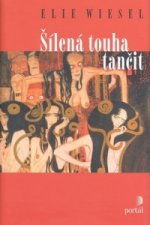
Šílená touha tančit
283 Kč -
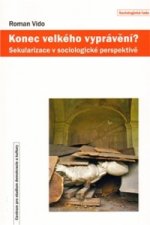
KONEC VELKÉHO VYPRÁVĚNÍ?
293 Kč
Darujte tuto knihu ještě dnes
- Objednejte knihu a zvolte Zaslat jako dárek.
- Obratem obdržíte darovací poukaz na knihu, který můžete ihned předat obdarovanému.
- Knihu zašleme na adresu obdarovaného, o nic se nestaráte.
Informovat o naskladnění knihy
Zadejte do formuláře e-mailovou adresu a jakmile knihu naskladníme, zašleme vám o tom zprávu. Pohlídáme vše za vás.
Více informací o knize Ethical Compass
Nákupem získáte 72 bodů
 Anotace knihy
Anotace knihy
In 1986, Elie Wiesel received the Nobel Peace Prize in recognition of his victory over "the powers of death and degradation, and to support the struggle of good against evil in the world". Soon after, he and his wife, Marion, created the Elie Wiesel Foundation for Humanity. A project at the heart of the Foundation's mission is its Ethics Prize - a remarkable essay-writing contest through which thousands of students from colleges across the country are encouraged to confront ethical issues of personal significance. The Ethics Prize has grown exponentially over the past twenty years. 'Of all the projects our Foundation has been involved in, none has been more exciting than this opportunity to inspire young students to examine the ethical aspect of what they have learned in their personal lives and from their teachers in the classroom', writes Elie Wiesel. Readers will find essays on Bosnia, the genocide in Rwanda, sweatshops and globalization, and the political obligations of the mothers of Argentina's Disappeared. Other essays tell of a white student who joins a black gospel choir, a young woman who learns to share in Ladakh, and the outsize implications of reporting on something as small as a cracked windshield. Readers will be fascinated by the ways in which essays on conflict, conscience, memory, illness (Rachel Maddow's essay on AIDS appears), and God overlap and resonate with one another. These essays reflect those who are 'sensitive to the sufferings and defects that confront a society yearning for guidance and eager to hear ethical voices,' writes Elie Wiesel. 'And they are a beacon for what our schools must realize as an essential component of a true education.'
 Parametry knihy
Parametry knihy
Zařazení knihy Knihy v angličtině Humanities Philosophy Ethics & moral philosophy
723 Kč
- Plný název: Ethical Compass
- Podnázev: Coming of Age in the 21st Century
- Autor: Elie Wiesel
- Jazyk:
 Angličtina
Angličtina - Vazba: Brožovaná
- Počet stran: 320
- EAN: 9780300169157
- ISBN: 0300169159
- ID: 04051025
- Nakladatelství: Yale University Press
- Hmotnost: 450 g
- Rozměry: 208 × 140 × 26 mm
- Datum vydání: 12. November 2010
Oblíbené z jiného soudku
-
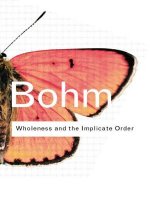
Wholeness and the Implicate Order
573 Kč -

Moral Landscape
323 Kč -
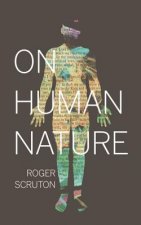
On Human Nature
357 Kč -
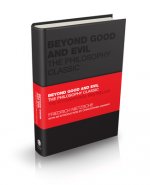
Beyond Good and Evil
329 Kč -
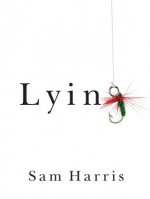
Lying
365 Kč -
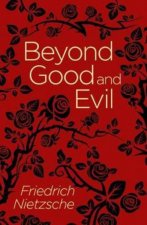
Beyond Good and Evil
223 Kč -
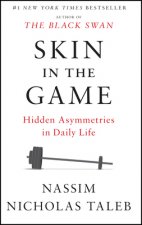
Skin in the Game
323 Kč -
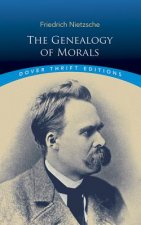
The Genealogy of Morals
127 Kč -
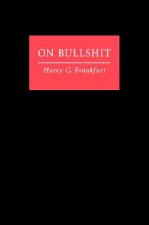
On Bullshit
255 Kč -

After Virtue
699 Kč -
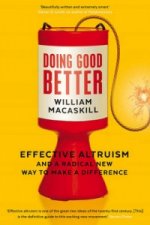
Doing Good Better
303 Kč -
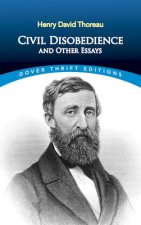
Civil Disobedience and Other Essays
89 Kč -
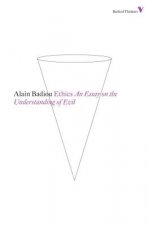
Ethics
365 Kč -

Parmenides
256 Kč -
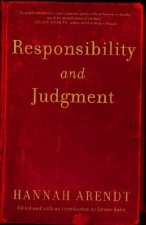
Responsibility and Judgment
420 Kč -
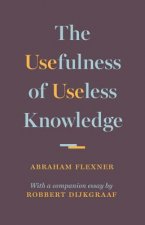
Usefulness of Useless Knowledge
250 Kč -
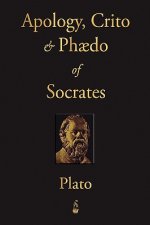
Apology, Crito and Phaedo of Socrates
265 Kč -
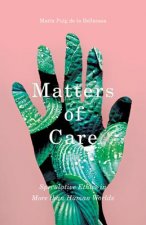
Matters of Care
871 Kč -
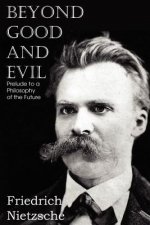
Beyond Good and Evil
375 Kč -
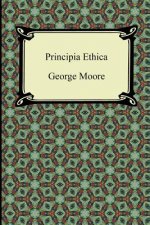
Principia Ethica
284 Kč -

On Friendship
738 Kč -
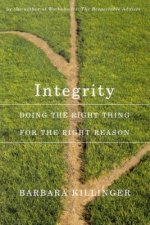
Integrity
580 Kč -
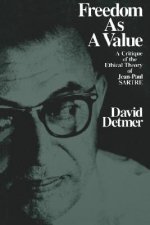
Freedom as a Value
773 Kč -
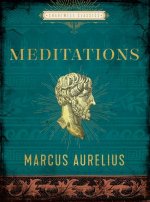
Meditations
252 Kč -
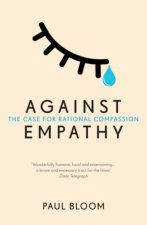
Against Empathy
323 Kč -
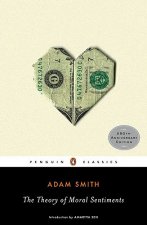
Theory of Moral Sentiments
410 Kč -
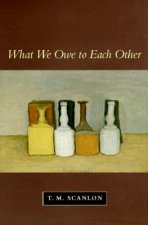
What We Owe to Each Other
840 Kč -
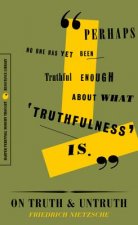
On Truth and Untruth
249 Kč -

Better Never to Have Been
1056 Kč -
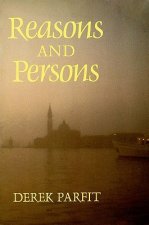
Reasons and Persons
821 Kč -
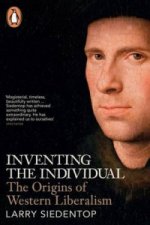
Inventing the Individual
305 Kč -
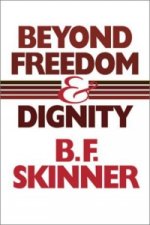
Beyond Freedom and Dignity
574 Kč -
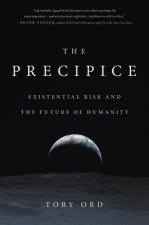
Precipice
617 Kč -
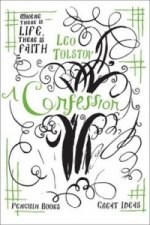
A Confession
179 Kč -

What Money Can't Buy
302 Kč -
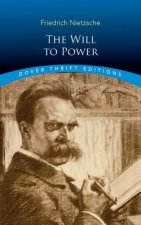
Will to Power
276 Kč -
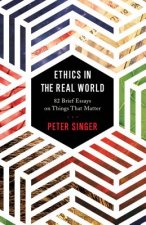
Ethics in the Real World
501 Kč -
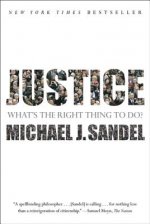
Justice
454 Kč -
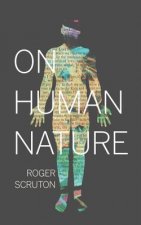
On Human Nature
716 Kč -
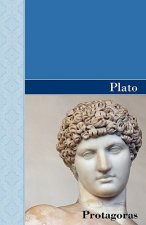
Protagoras
718 Kč -

Oxford Handbook of Business Ethics
1918 Kč -
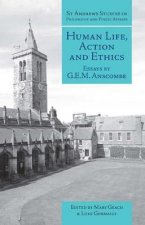
Human Life, Action and Ethics
605 Kč -

Getting Back into Place, Second Edition
861 Kč -
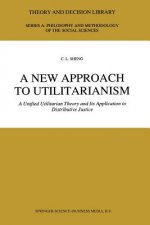
New Approach to Utilitarianism
1665 Kč -

Evidential Argument from Evil
810 Kč -
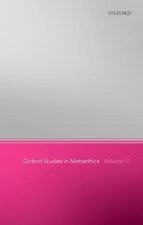
Oxford Studies in Metaethics 11
1425 Kč -
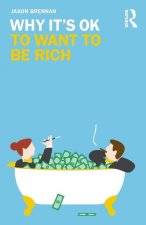
Why It's OK to Want to Be Rich
708 Kč -
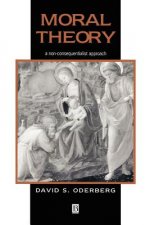
Moral Theory - A Non-Consequentialist Approach
1893 Kč -

Radical Sacrifice
373 Kč
Osobní odběr Praha, Brno a 12903 dalších
Copyright ©2008-24 nejlevnejsi-knihy.cz Všechna práva vyhrazenaSoukromíCookies


 Vrácení do měsíce
Vrácení do měsíce 571 999 099 (8-15.30h)
571 999 099 (8-15.30h)